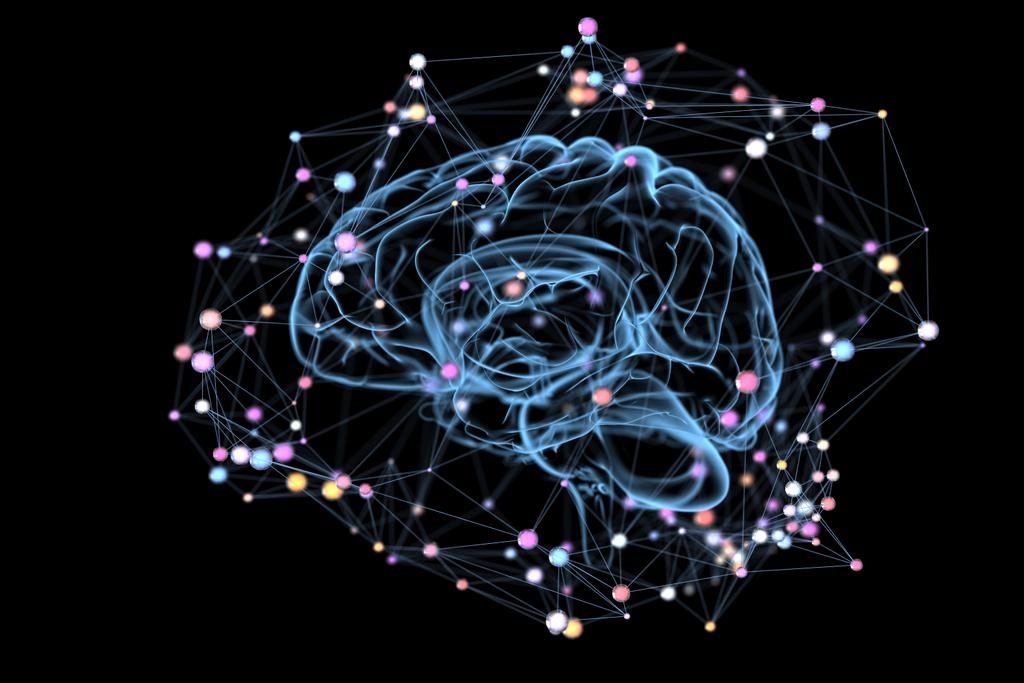Neurotransmitter: Nootropic Explained
09/13/2023

Welcome, brainiacs, to the fascinating world of neurotransmitters and nootropics! Buckle up, because we're about to embark on a wild ride through the highways and byways of your brain. We'll be exploring the intricate dance of chemicals that makes you, well, you!
From the moment you wake up to the moment you fall asleep, your brain is buzzing with activity. And at the heart of all this activity is a complex network of neurons communicating with each other through chemicals known as neurotransmitters. But what if you could enhance this communication? Enter the world of nootropics, substances that can boost your brain's performance. Let's dive in!

Understanding Neurotransmitters
Neurotransmitters, the brain's chemical messengers, are the stars of our show. They're the ones responsible for transmitting signals across the synaptic gap between neurons. Think of them as the postmen of your brain, delivering messages from one neuron to another.
There are many different types of neurotransmitters, each with its own unique role. Some, like dopamine and serotonin, are probably familiar names. Others, like GABA and glutamate, might be new to you. But each one plays a crucial role in keeping your brain ticking.
The Role of Neurotransmitters
Neurotransmitters are involved in virtually every function in your body. They regulate mood, appetite, sleep, muscle contraction, and heart rate, among other things. They're like the conductors of your body's orchestra, ensuring that every instrument (or in this case, body function) plays in harmony.
When neurotransmitters are out of balance, it can lead to a range of health problems. For example, low levels of serotonin are linked to depression, while an overabundance of dopamine is associated with schizophrenia. So, maintaining a healthy balance of neurotransmitters is crucial for overall health.
Types of Neurotransmitters
There are many different types of neurotransmitters, but they can be broadly categorized into two groups: excitatory and inhibitory. Excitatory neurotransmitters, like glutamate, stimulate the brain and increase neuronal activity. Inhibitory neurotransmitters, like GABA, do the opposite, reducing neuronal activity and helping to calm the brain.
There are also modulatory neurotransmitters, which can either increase or decrease neuronal activity depending on the situation. Serotonin and dopamine are examples of modulatory neurotransmitters. They're like the brain's traffic cops, directing the flow of neuronal traffic based on the brain's current needs.
Nootropics: The Brain Boosters
Now that we've covered neurotransmitters, let's move on to nootropics. Nootropics, also known as "smart drugs" or "cognitive enhancers," are substances that can improve brain function. They can enhance memory, creativity, motivation, and even mood. Sounds pretty cool, right?
But before you start popping nootropics like candy, it's important to understand how they work. Most nootropics work by modulating neurotransmitters, enhancing their effects or reducing their breakdown. This can lead to improved brain function, but it can also lead to side effects if not used properly.
How Nootropics Work
Nootropics work by interacting with the brain's neurotransmitter systems. Some nootropics, like caffeine, work by blocking the action of certain neurotransmitters, leading to increased alertness and focus. Others, like the racetams, work by enhancing the action of certain neurotransmitters, leading to improved memory and cognitive function.
But nootropics don't just affect neurotransmitters. They can also improve brain health by promoting neurogenesis (the growth of new neurons), protecting the brain from damage, and improving brain energy metabolism. So, while they can give you a temporary brain boost, they can also have long-term benefits for brain health.
Types of Nootropics
There are many different types of nootropics, ranging from natural substances like caffeine and ginkgo biloba to synthetic drugs like modafinil and Adderall. Each has its own unique effects and side effects, so it's important to choose the right one for your needs.
For example, if you're looking for a gentle brain boost, you might want to try a natural nootropic like Bacopa monnieri or lion's mane mushroom. But if you need a strong cognitive enhancer for a big project or exam, a synthetic nootropic like modafinil might be a better choice. Just remember to use nootropics responsibly and consult with a healthcare professional before starting any new supplement regimen.

The Intersection of Neurotransmitters and Nootropics
So, how do neurotransmitters and nootropics interact? Well, as we've mentioned, many nootropics work by modulating neurotransmitters. They can enhance the effects of neurotransmitters, reduce their breakdown, or even mimic their action. This can lead to improved brain function, but it can also lead to side effects if not used properly.
For example, some nootropics work by increasing the levels of acetylcholine, a neurotransmitter involved in memory and learning. This can lead to improved memory and cognitive function, but it can also lead to side effects like headaches and nausea if the levels of acetylcholine become too high.
Neurotransmitters and Nootropics: A Delicate Balance
When it comes to neurotransmitters and nootropics, balance is key. Too much or too little of a certain neurotransmitter can lead to health problems, and the same goes for nootropics. Using nootropics responsibly and under the guidance of a healthcare professional can help you achieve the brain boost you're looking for without the unwanted side effects.
Remember, nootropics are not a magic bullet. They can enhance brain function, but they can't replace a healthy lifestyle. Eating a balanced diet, getting regular exercise, and getting plenty of sleep are all crucial for brain health. So, while nootropics can give you a boost, they should be used as part of a holistic approach to brain health.
Exploring the Potential of Nootropics
The world of nootropics is vast and exciting, with new substances being discovered all the time. From natural substances like herbs and mushrooms to synthetic drugs and even futuristic technologies like transcranial magnetic stimulation, the possibilities are endless.
But with great power comes great responsibility. It's important to use nootropics responsibly and under the guidance of a healthcare professional. So, whether you're a seasoned biohacker or just curious about boosting your brain power, remember to do your research and stay safe. Happy brain boosting!

 Back to Blog
Back to Blog